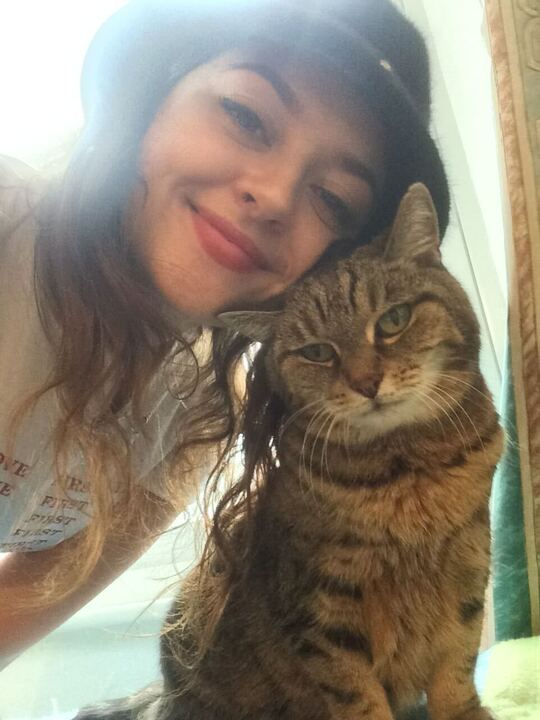Key takeaways
As an owner, it can be extremely upsetting when your dog is hiding, and you just don't know why.
However, the majority of the time, it's not because of you.
We explore the top three reasons why dogs hide, which include a change in their routine, a change in their environment, and your dog being sick or injured.
Understanding this behavior will help you support your pup's wellbeing and help us all become better animal owners.
Quick Navigation
3 Reasons why dogs hide

1. Change in routine
Children: When a new baby is introduced to a family, our dogs can feel protective over us. It also may result in your pup getting less attention, stimulation, and exercise while you focus on caring for your children. Your dog may feel neglected and choose to hide.
Visitors: Having new people or other animals in their territory can be extremely distressing. Your pup may be relaxed with certain people, but if too many strangers are visiting, they may choose to run away or hide until they are gone.
Being left alone: If you've had to change your own routine, this can impact your furry friend. If you leave them alone for long periods of time and they aren't used to this, it can have a big impact on them. They won't know when you're coming back, and they won't have the company and stimulation they need to keep them happy, resulting in them hiding as their 'flight' instinct kicks in.

2. Change in environment
Moving house: A dog gets to know its territory and feels safe and protected within it. As soon as you move them out of this, they won't know where they belong until they build up their new territory by scent. They may try to return to the old house, or they may hide until they feel safe again.
Construction work: As well as the noise, drastic changes in a dog's environment from construction work can disorientate them. As well as the scaffolding and people coming and going, the actual changes to your home can also distress your dog and lead to them hiding.

3. They are sick or injured
Excessive licking or scratching in a specific area
Loss of appetite
Yelping or growling
Stiffness when moving

Understanding your dog's hiding behavior

Why does my dog hide food?
You are overfeeding them: If you're feeding your dog too much, they'll have enough spare to bury for later. This probably means they are also overeating, which can be detrimental to their health. Be sure to double check the serving suggestions if you've recently switched dog food.
Past trauma: It's common to see this behavior in rescue dogs. This is because they are more likely to have past trauma that put them into survival mode, like scarce food and neglect. They will continue hiding their food because they may be worried they will stop being fed.
Competing with other dogs: Two pet dogs living together can often have a wonderful friendship. However, sometimes, they may become competitive or less friendly. This can happen if one dog is eating more food than the other or they start stealing each other's food. It's likely they will then begin to hide their dinners to make sure they eat enough.
Anxiety/stress: Sometimes, your dog hiding their food can indicate that they're not completely comfortable in their environment. Stress and anxiety can cause your dog to go into 'survival mode', where they're more likely to listen to their survival instincts, like hiding their food.
Boredom: Our dogs are intelligent creatures that need plenty of stimulation to remain interested, happy, and healthy. If they are bored, they may try to make their own games, like burying their food and digging it up later for a little bit of excitement.

FAQs
Why do dogs hide when not well?
Dogs hide when they're not well because their instincts tell them to be completely alone. Because they are more vulnerable in a weaker state to predators, it's safer for them to hide.
How can you tell if a dog is sad or depressed?
You can tell if your dog is sad or depressed if they seem agitated or withdrawn. Behavior changes like a reduced appetite, crying or yelping, hiding, or running away can all indicate that your dog is not as happy as they should be.
Why is my dog clingy and hiding?
If your dog is unusually clingy than normal or hiding, it can indicate that there may be a health issue. They may be sick or injured, or they may not be getting enough stimulation, making them sad or depressed.
Why has my dog started hiding things?
It's very normal for a dog to hide things like bones, treats, and toys. However, if this behavior has just started and seems out of the ordinary, it may be because they aren't getting enough stimulation throughout the day, so they are bored. It can also sometimes indicate some anxiety.
Do dogs hide when they are sad?
Yes, dogs can hide and run away when they are sad. This can be because they aren't getting enough stimulation or attention, or they are frightened and anxious. When a dog's fight or flight instinct kicks in, they often choose to hide.
Do depressed dogs hide?
Yes, depressed dogs can hide. If they are sad, depressed, or anxious, their fight or flight instinct will kick in. When this happens, many dogs choose to hide.
What are 3 signs your dog is suffering?
Three signs your dog is suffering include: they are running away or hiding more, they have a reduced appetite, and they are more vocal. There are many other signs aside from these, like being clingy, eating more, and acting withdrawn or misbehaving.




